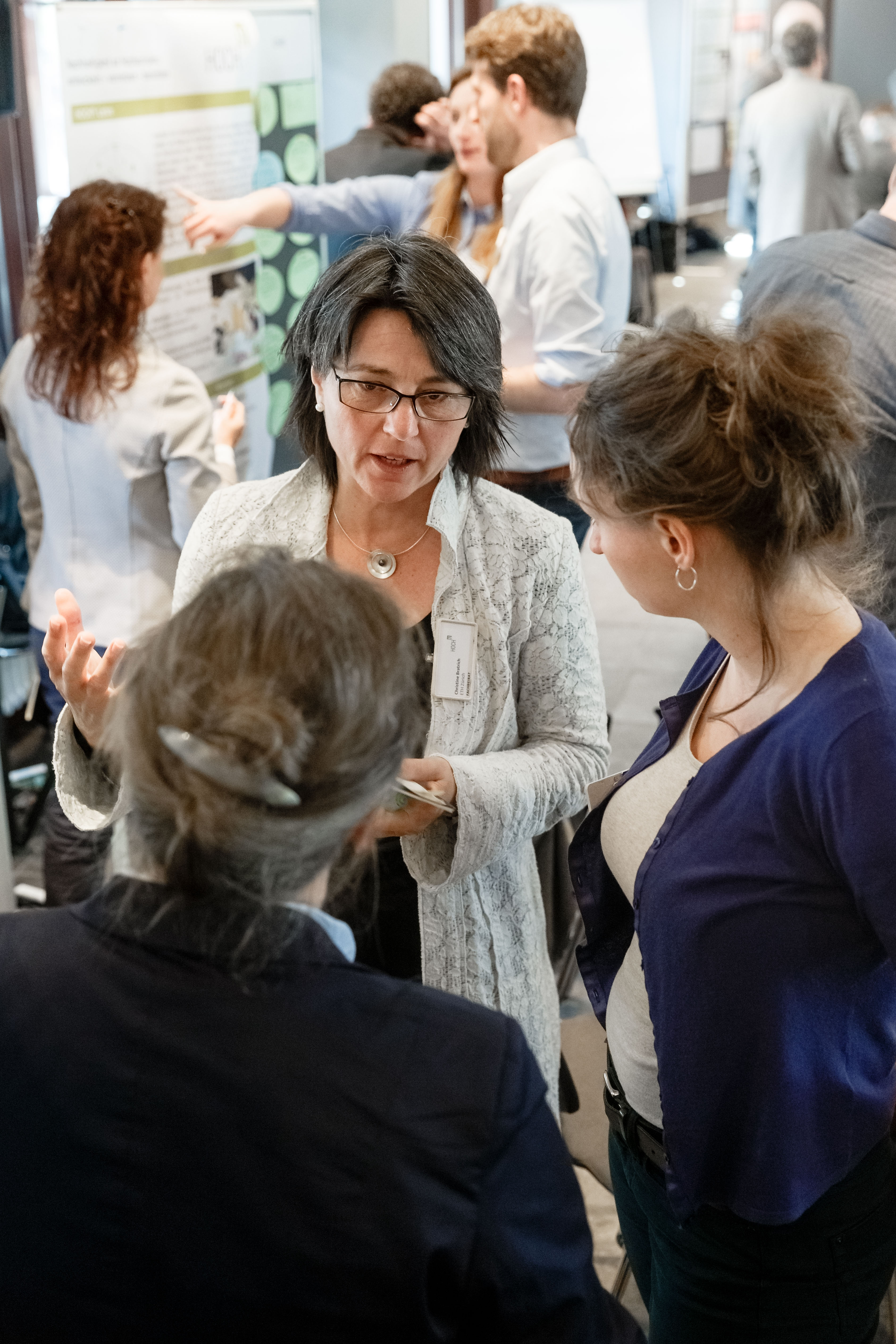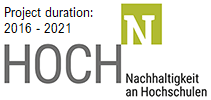Network
Having a say, taking part, sharing responsibility: the structure of the HOCHN network

HOCH-N-partner were part of a Germany-wide network of people and institutions committed to the sustainable development of the German higher education landscape. Through the network, they were informed about developments toward a more sustainable higher education landscape and actively helped shape the process. In addition, the participants in the network benefited from topic- and needs-specific networking with other university actors and were given early access to the content developed in the research project. HOCH-N thus facilitated joint learning and collegial consultation in the partner network.
In addition to individuals, there were also HOCH-N partner universities. In this case, the university as a whole was an official partner university in the HOCHN network. In order to become a HOCHN-Partner:in or HOCHN-Partner University, some criteria had to be met. For an overview of the criteria and benefits of participating in HOCHN see the table down below.
HOCH-N networked the sustainable university landscape not only interdisciplinarily but also transdisciplinarily: Practice partners from business, politics and society were regularly integrated into the research and project work.
An interactive continuation of the project results as well as the networked development of further ideas will take place from now on in the Hoch-N-Wiki as well as the "Deutsche Gesellschaft für Nachhaltigkeit an Hochschulen e.V." (german site only). This will allow the synergies from the existing network to be used and further expanded and create a platform that will advance sustainability at universities throughout Germany.

